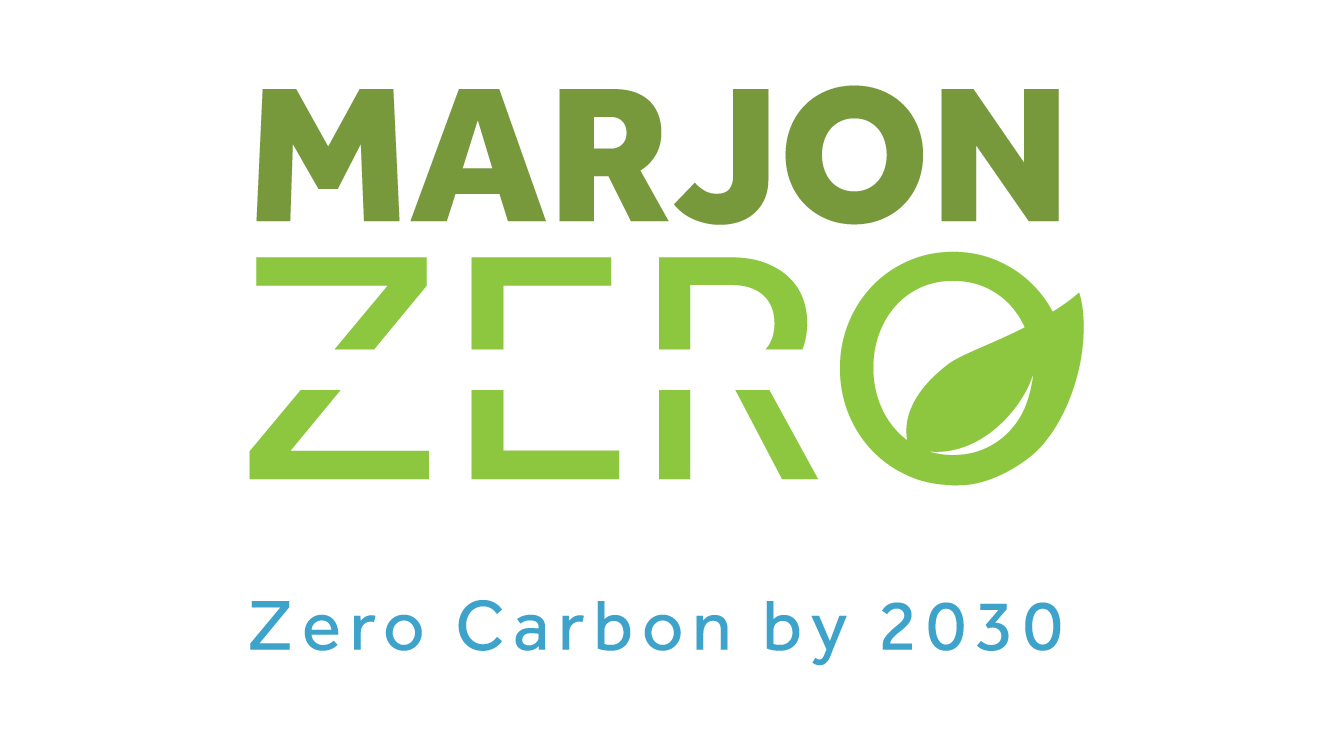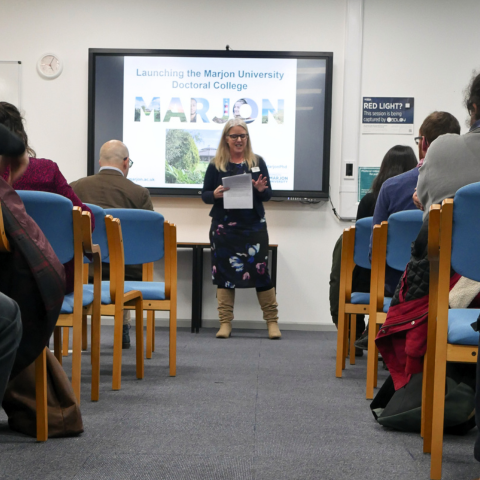Sustainability, Creativity, and Innovation
SCION Research Group

Key themes explored by SCION
• Communication and behaviour change
• Outdoor learning and sustainability education
• Local democracy and community action
• Innovation in business and enterprise
• Creative arts and performance
• Environmental, social and economic sustainability
• Education for sustainable entrepreneurship
SCION organisation and leadership team
Convener: Assoc' Prof. Dr. Andreas Walmsley
AWalmsley@marjon.ac.uk
Co-Convener (ECR) Dr. Natalie Raven
NRaven@Marjon.ac.uk




Sharing Interdisciplinary Perspectives for Sustainability
The word SCION means ‘a young shoot or twig of a plant, especially one cut for grafting or rooting’, a metaphor which seemed well suited for our inter-disciplinary research and knowledge exchange group. SCION brings together diverse disciplinary experts with community and business partners to share knowledge and solve problems related to sustainability in its widest sense. It includes a mix of experienced researchers, practitioners and early career researchers and PhD students.
Our work links to the United Nations’ Sustainable Development Goals (SDGs), part of the UN 2030 Agenda for Sustainable Development defined in 2015. The seventeen SDGs focus on ending poverty and reducing inequality, while improving health and education – all while tackling climate change and working to preserve natural resources. These goals align closely with the subject specialities and institutional values of Plymouth Marjon University and underpin development of our research and knowledge exchange.
Unlike many sustainability groups, the creative arts form a strong part of the interdisciplinary core of the group. We explore a wide range of issues - bringing together theories of communication, education, behaviour change and performance with the big sustainability issues including climate change, community development and social responsibility. Underpinning the research and knowledge exchange activities of the group is a collaborative, creative, and playful approach to work which opens up imaginative possibilities for problem-solving.
We specialise in participatory, action-oriented research which aims to have direct influence on the university and external partners through joint projects. The group will also support the core principles of enhancing research-informed curricula in higher education, providing a focal point for students’ interest in sustainability and climate challenges, and for wider developments towards the sustainable university ideal.
If you’re a community group that would like to work with academic researchers, or an academic interested in collaboration, dissemination and impact, get in touch with us:
Email: DCotton@Marjon.ac.uk
Twitter: @MarjonSCION
Postgraduate Research at Marjon
Marjon Zero & biodiversity
Snapshots

Immersive Learning for Climate Action
SCION project team: Dr Steve Disney, Dr Ellie Chadwick and Professor Debby Cotton working with colleagues at HUST, Vietnam.
This project, funded by the British Council as part of its Viet Nam Season, aims to raise the profile of climate change in Viet Nam and the UK by developing an open access audio-visual resource for use in English teaching and learning based on a public exhibition that integrates photography, sound and language.
Commencing in February 2023, it will involve:
- Co-creating with staff and students in the two institutions a themed, immersive, audio-visual mixed-mode exhibition with projections, imaging and 360 surround-sound. It will include an open photographic competition, with small prizes, on a sustainability theme. Staff and students will co-create an audio-visual showcase of materials on climate change using photos, posters, graphics, and immersive technology including binaural sound design. The exhibition will showcase around 50 of the photographs in a ‘walkway’ style, with sound effects to enhance the experience.
- Creating an open access online legacy version of the exhibition with English Language Teaching (ELT) material guidance. The aim is to store artefacts from the exhibition on a permanent open access platform along with guidance for use in the classroom. The artefacts will also be used to deliver classes in local schools. Students will be involved throughout the project and particularly in the delivery to other schools, where they may return to their own previous school.
This project promotes strong collaborations between the institutions and subject areas in diverse and creative pedagogies, developing best-practice recommendations by encouraging teachers to use visual prompts, stories and poems, while integrating visual and immersive audio in teaching. There is a lack of creative and engaging materials on climate change themes in ELT, yet this field provides one of the strongest opportunities for embedding climate change in teaching due to the sheer numbers of people who are learning English. We believe that the audio-visual materials set based on the proposed project would encourage people to explore not only the topic, but to personalise their experience and feelings about the topic, with the potential outcome that they may feel more invested in climate action.

Innovative Approaches to Actor Training in Nature
SCION project team: Dr. Natalie Raven & Dr. Eleanor Chadwick working with colleagues at Rame Projects
Project Blog: https://marjonxrame.blogspot.com/
About: MarjonXRame Summer School: Innovative approaches to actor training in nature is a project funded by SCION Research Group at Plymouth Marjon University. In July 2022, workshop facilitators and participants congregated at Rame Project studios to spend 3 days & 2 nights examining novel approaches to actor training in rural Cornwall. The collective enjoyed communal meals each day and music by the campfire in the evening.
An attempted non-hierarchical structure was put in place and facilitated by those in participation, with a strong focus on phenomenology and experiential encounter in the natural world. This included a series of exercises, tasks, and workshops in the rural environment, designed to nurture creative expression in response to site, space, and place, supporting investigation into the theme of training in nature.
Outputs: Artistic responses to experience shared by the group were shared with the public at an open event on the final day of the residential, with creative process documented by local artist Siobhan Bauer who is creating an art film documentary, due to premier in April 2023. The project is currently in its data analysis phase, with results to be published in due course.
Research news












